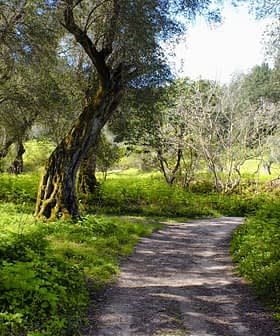Social Farming Initiatives in Italy Focus on Environment, Inclusion
Italy leads the way in social olive farming with projects in Tuscany and Molise that focus on quality, protecting biodiversity and social inclusion of marginalized groups.
 Harvest at Frantoio del Parco
Harvest at Frantoio del Parco Social farming in Italy is a growing trend, both in terms of the number of operators and territories involved. It has become so popular that the Italian National Institute of Statistics (Istat) has included it in their General Census of Agriculture for the first time this year.
The last few years have seen the launch of several projects that combine inclusivity, local development and sustainability. Many of the projects focus on high-quality extra virgin olive oil production.
The Aspem project was so successful that it has been identified as a best practice by important associations through which we shall support other disadvantaged categories.
Among these is Antico Frantoio del Parco (Ancient Mill of the Park), a collaboration between Chico Mendes and Legambiente, two of the first Italian organizations in the fair trade and environmental sectors, along with the recently founded agricultural cooperative Frantoio del Parco.
See Also:Quality EVOO Production at the Heart of Italy’s Social Farming“They were granted a concession [by the Tuscan authorities] to manage the olive groves and the mill located in Maremma Regional Park, in the province of Grosseto, to take care of the trees and give new life to the production facility,” Antonio Luccisano, the director of the cooperative, told Olive Oil Times.
“Working on the fair trade and sustainability program, Calabria Solidale, our associations met, and we were asked to join the project,” he added. “We headed to Tuscany, and in 2018, we carried out the first harvest and produced the Antico Frantoio del Parco extra virgin olive oil.”
Since then, the cooperative has been committed to sustainably managing the olive trees while enhancing biodiversity on what used to be the land of the Grand Duke of Tuscany.
“We have found historical references of the sea-facing olive grove in the area of Collelungo from 1787,” Luccisano said. “The Grand Duke designated these areas as an experimental field, and thus we have found old plants of Maurino.”
“From these, we obtain a monovarietal. Also, we found other ancient varieties, which are still unknown, including many wild olive trees located on the hill adjacent to the ducal reserve,” he added. “A large share of them constitute ecotypes of their own, which we are trying to identify with the help of researchers.”
Frantoio, Leccino, Pendolino and Moraiolo can also be found in the vast grove of about 30,000 trees scattered over 228 hectares of protected land between Rispescia and Alberese. To date, 83 hectares have been restored and appropriately pruned for productive purposes.
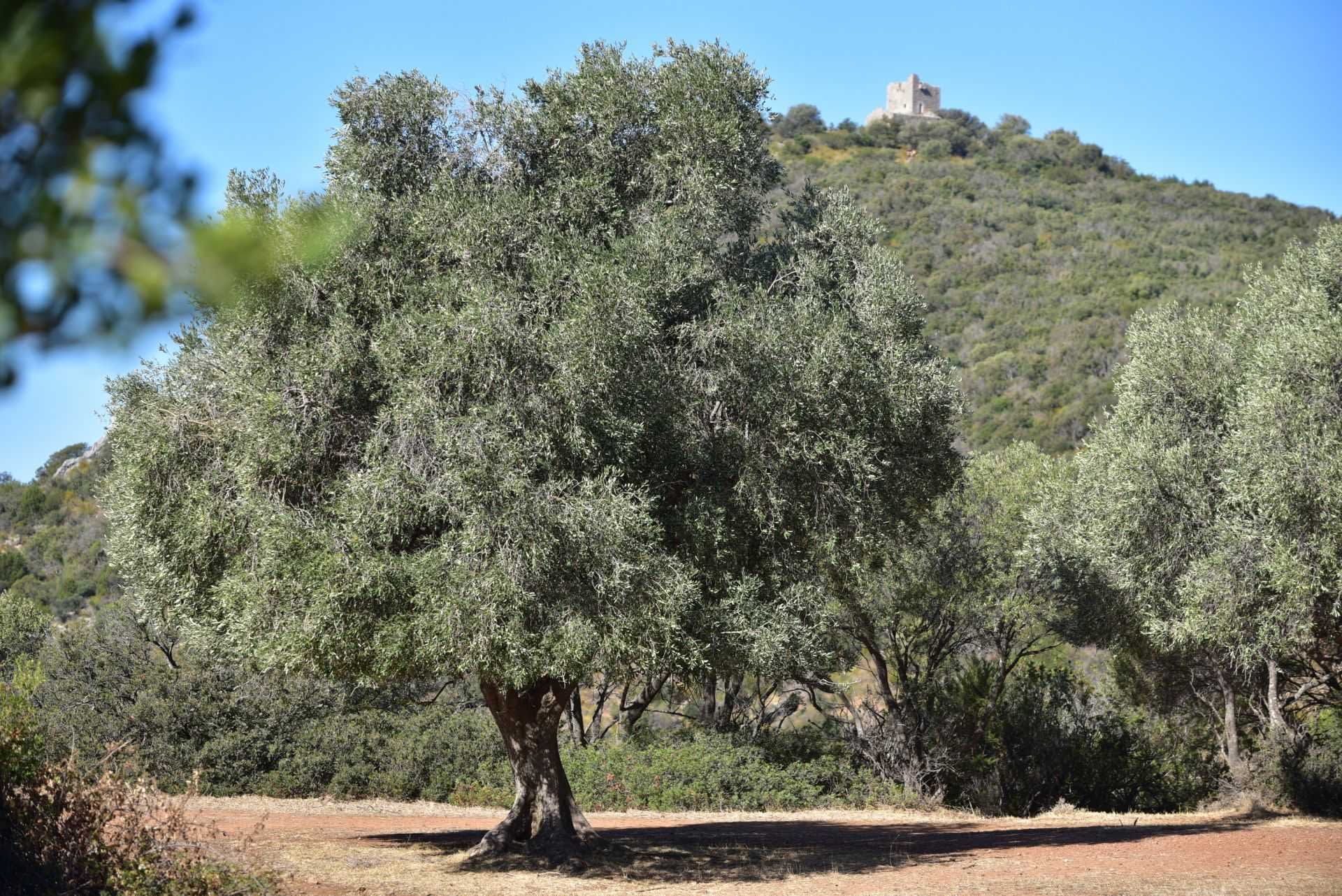
“Most of the plots have been cleaned up from the vegetation to facilitate the harvesting operations,” Luccisano said. “Some more rugged areas will be gradually recovered, and probably more plants will emerge. They will all be appropriately trimmed to enhance their production capacity, respecting the territorial identity of this beautiful park.”
The extra virgin olive oil produced is organic and primarily intended for the Toscano PGI certification. To meet the high standards required, the mill of the park has been updated with the latest machinery.
“The production of premium extra virgin olive oil, mainly sold through the fair trade channels, allows our project to sustain itself and cover all the logistic costs,” Luccisano said.
“It is therefore fundamental that our plan is successful, to sell the product at a fair price and obtain income to be reinvested in the cycle of social economy,” he added. “That is why it is so important for us to pursue high standards of quality.”
Along with olive oil, the project also creates job opportunities with local people currently employed in the venture.
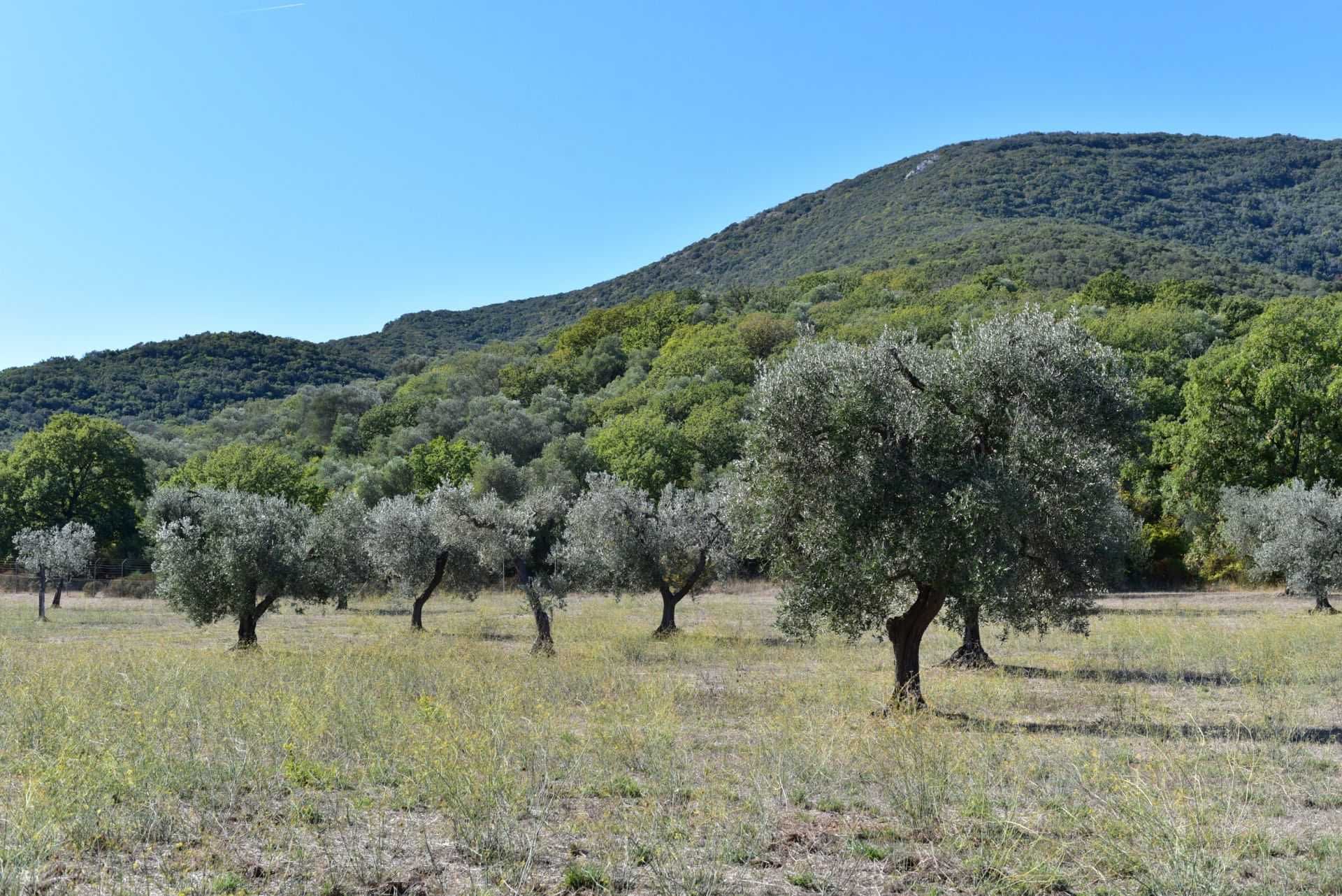
Furthermore, the cooperative is setting up a program with the association Spartacus to create training courses for disadvantaged and fragile people in the cooperative’s work environment, particularly migrants and unemployed.
“The project is carried out with the lowest environmental impact,” Luccisano added. “I can tell that the issues of inclusion and hospitality can hardly be separated from the value of sustainability. We believe that environmental and social justice are strictly connected.”
In Molise, high-quality extra virgin olive oil production is at the heart of the project Aspem — La Terra delle Donne (Aspem — The Land of Women). Aspem is an Italian acronym standing for “social agriculture for the promotion of empowerment of women victims of violence and their children.”
“In 2019, we participated in a regional call for social innovation,” Nicola Malorni, the president of the Kairos social cooperative, told Olive Oil Times.
“Now, along with the Rome-based social cooperative BeFree, which runs a center against domestic violence in Molise, we recover abandoned and semi-abandoned olive groves, while enhancing the social and professional inclusion of the women guests of the center,” he added. “They are victims of violence and human trafficking coming from Italy and other countries, like Nigeria and Morocco.”
Many of the women interested in joining the project attended theoretical and field training courses. Then, they helped recover the groves and harvested more than 400 Gentile di Larino, Leccino and Frantoio trees located in Guardialfiera.
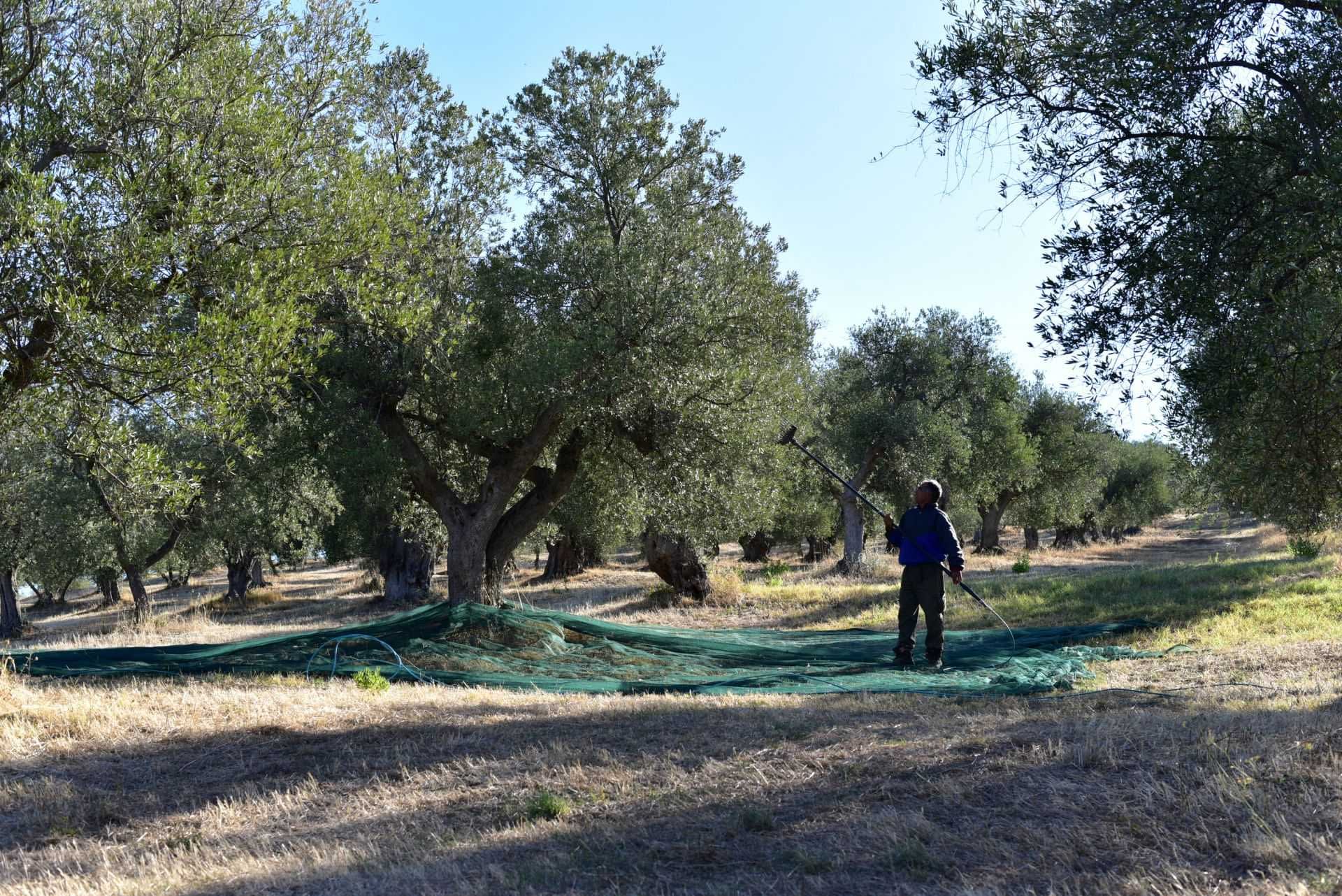
“They attended all the phases of production,” Malorni said. “They also supported the millers at the facility situated in the hamlet of Lucito and helped during bottling, promotion and sale of our organic extra virgin olive oil.”
Moreover, they participated in olive oil tourism activities, including hiking, guided tastings and oil-themed dinners. They were also part of the popular jury of the regional competition La Goccia d’Oro (the Golden Drop).
“Everything that revolves around the high-quality extra virgin olive oil helped them to reintegrate back into society,” Malorni said.
“As a psychologist, I can say that, in addition to the necessary interventions to treat traumas, such as psychotherapy and counseling, the Aspem project has proved to be extremely important for the self-esteem of these women,” he added. “Not only are they regularly employed and paid, but also they feel welcomed by a community.”
“Indeed, it is worthy to say that one of the characteristics of violent dynamics is social isolation,” Malorni continued. “The abusing partner sends communication like ‘Without me, you can do nothing, you are financially dependent on me, you have no skills, you have no chance.’ Aspem, instead, tells them: ‘You are worth it, you can develop new skills, and there is a community that welcomes you and can make you experience new healthy relationships.”
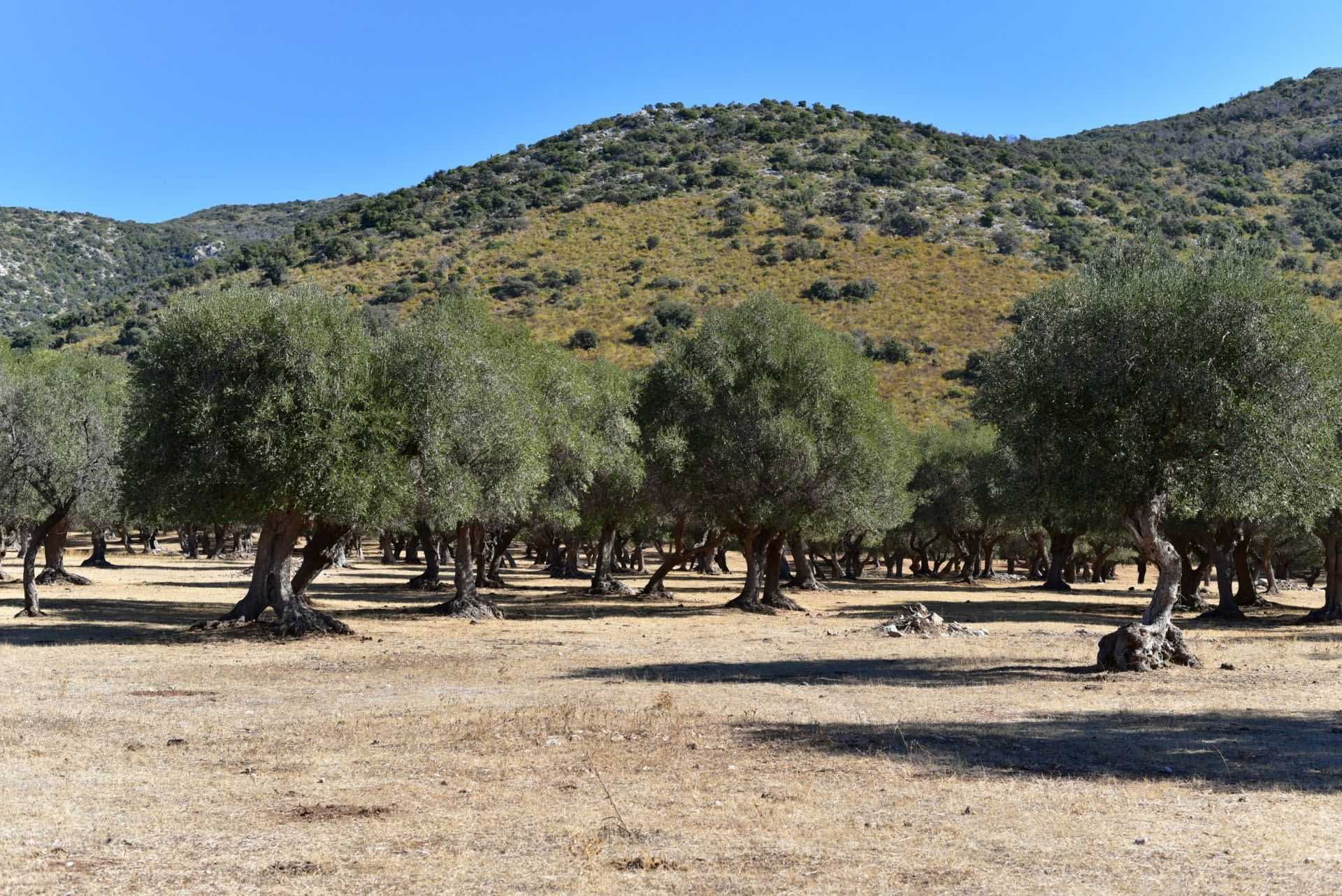
As a result of the project, most of the participants have succeeded in leaving the protection circuit. They all found new jobs, and some of them have new partners. The proceeds from selling the olive oils also have been reinvested to recover further olive groves.
“The Aspem project was so successful that it has been identified as a best practice by important associations through which we shall support other disadvantaged categories,” Malorni said. “Cittadinanzattiva involved us in the national project Circular Solidarity Economy.”
Kairos also recently produced a short movie, ‘Gocce’ (Drops). Inspired by real events, the main character is a centuries-old olive tree in Guardialfiera, called Fausto. The tree was struck by lightning during a strong storm and was discovered by a woman during the recovery operations.
“Despite the damage, Fausto flourished again,” Malorni said. “This is just what happened to Eva, the female protagonist of the movie. ‘Now, it is regenerating, and we are helping it heal,’ she said, embodying all the women of the project.”
“Fausto shows us that even after a great trauma, one can manage to react positively,” he added. “It is born again and gives fruits thanks to its extraordinary ability of resilience. It is a living symbol, and, during the launch event of the film, the National Association Olive Oil Cities used it as an example to define the concept of social olive growing and its value.”
Share this article





